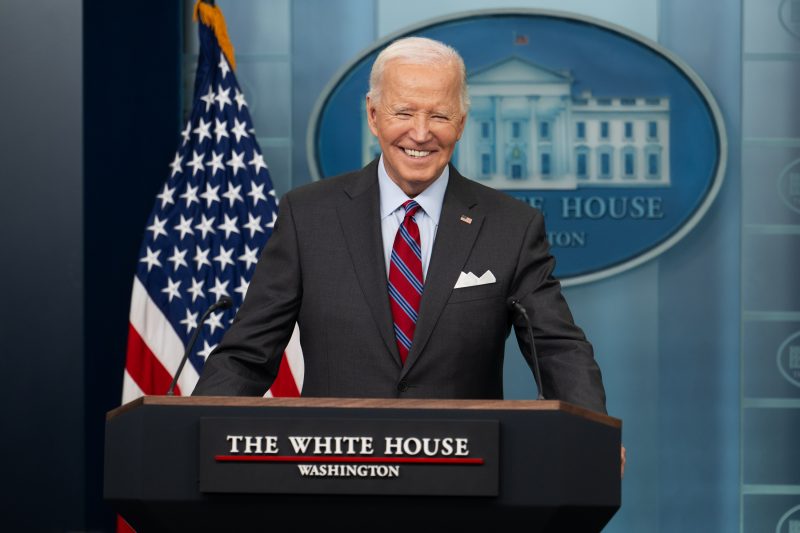In a recent political development, President Joe Biden has publicly called out Senator Marco Rubio for making false claims regarding the authenticity of a positive jobs report. The exchange highlights the contentious nature of political discourse around economic matters and the challenges faced by policymakers in communicating complex issues to the public.
Rubio, a prominent Republican senator known for his conservative views on fiscal policy, took to social media to assert that the latest jobs report issued by the Biden administration was fake. The report in question had shown a strong rebound in job creation, with unemployment rates falling and hiring activity on the rise. Rubio’s skepticism of the report’s findings reflects a broader trend within the Republican party of casting doubt on the economic performance under the current administration.
President Biden wasted no time in addressing Rubio’s claims, labeling them as false and misleading. In a statement released by the White House, Biden emphasized the importance of accurate information in shaping public perception and policy decisions. The President’s response underscores the need for transparency and accountability in the dissemination of economic data, particularly in a time of economic uncertainty and recovery.
The clash between Biden and Rubio highlights the inherent tension between partisan politics and objective economic analysis. While it is natural for politicians to leverage economic data for political gain, it is crucial that such data be presented in a truthful and responsible manner. The public’s trust in government institutions and policymaking hinges on the integrity of economic reporting and analysis.
Beyond the immediate implications for the Biden administration and Senator Rubio, this episode serves as a cautionary tale for all public figures and policymakers. In an era of media proliferation and relentless partisanship, the challenge of communicating complex economic issues to the public has never been greater. Misinformation and misinterpretation can have far-reaching consequences, undermining public confidence and distorting policy priorities.
As the Biden administration continues its efforts to rebuild the economy in the wake of the COVID-19 pandemic, it is essential that accurate and reliable economic data guide decision-making processes. Politicians on both sides of the aisle must resist the temptation to cherry-pick data or manipulate statistics to fit their preconceived narratives. Only through a commitment to truth and transparency can we hope to navigate the complexities of the modern economy and achieve shared prosperity for all Americans.
